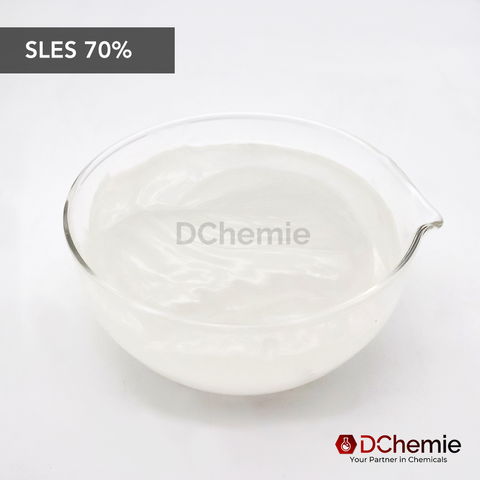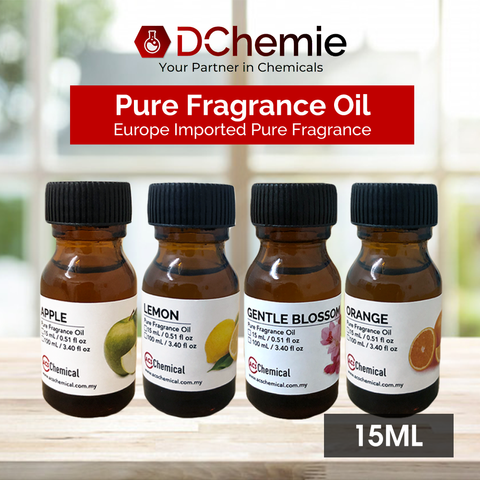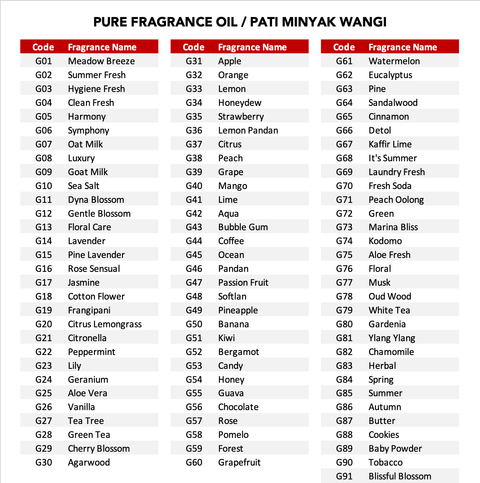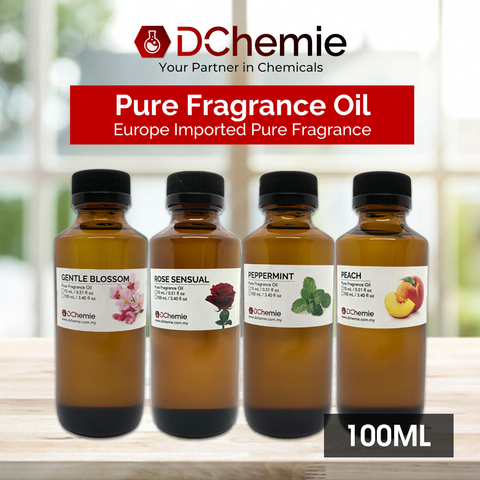
Cleaning products are a part of our daily lives, and their effectiveness often depends on the right combination of ingredients. One key component in many formulations is betaine, a versatile compound that acts as a foam booster. This article explores the function of betaine in cleaning products, its benefits, and why it is an essential ingredient in achieving optimal cleaning performance.
What is Betaine?
Betaine, also known as cocamidopropyl betaine (CAPB) when derived from coconut oil, is a surfactant commonly used in cleaning products. Its dual charge structure enables it to behave as both anionic and cationic, depending on the surrounding environment's pH. This adaptability makes it an excellent ingredient for improving cleaning product formulations.
Why is Foam Important in Cleaning Products?
Foam plays a significant role in how cleaning products are perceived and how effectively they perform.
- Visual Appeal: Foam creates the impression of cleanliness and thorough action.
- Dirt Removal: It traps and lifts dirt, oils, and debris, preventing them from redepositing on surfaces.
- Spreadability: Foam enhances the distribution of the cleaning product over a surface, making it more effective.
While foam itself does not clean, its presence can optimize the cleaning process and user experience.
How Does Betaine Act as a Foam Booster?
Betaine improves the quantity, stability, and texture of foam in cleaning products. Here’s how:
- Synergy effect with other surfactants:
Betaine works well with primary surfactants like sodium lauryl sulfate (SLS) and sodium laureth sulfate (SLES). It enhances foam stability by reducing surface tension and creating a denser, richer foam. - pH compatibility:
Betaine performs effectively across a wide pH range, ensuring consistent foaming properties in different formulations, from acidic to neutral or alkaline products. - Mildness enhancement:
Betaine reduces the harshness of primary surfactants, improving the mildness of the overall product without compromising foaming properties.
Applications of Betaine as a Foam Booster in Cleaning Products

Betaine’s foam-boosting properties make it an ideal ingredient in various cleaning applications:
1. Household Cleaning Products
- Dishwashing liquids: Provides a rich lather to remove grease effectively.
- Floor cleaners: Ensures even coverage and enhances visual cleaning performance.
2. Personal Care Products
- Shampoos and body washes: Enhances foam for better cleansing and user satisfaction.
- Hand soaps: Improves foam texture while maintaining skin-friendliness.
3. Industrial Cleaners
- Vehicle shampoos: Generates stable foam for better cleaning and visibility during application.
- Hard surface cleaners: Ensures product remains on surfaces longer for better dirt removal.
Advantages of Betaine in Cleaning Products
1. Foam Stabilization
Betaine helps in stabilizing foam, preventing it from collapsing quickly. This ensures longer-lasting lather during cleaning, improving efficiency.
2. Enhanced Mildness
Betaine reduces the irritation potential of aggressive surfactants, making products gentler for human use.
3. Versatility in Formulation
Due to its compatibility with various surfactants and its adaptability across pH ranges, Betaine is a versatile ingredient for different cleaning product types.
4. Cost-Effectiveness
Its ability to enhance the performance of other surfactants means manufacturers can use smaller quantities of primary surfactants, reducing formulation costs.
Formulation Example of Basic Cleaning Product with Betaine
Ingredients:
- Primary surfactant (SLES): 10-12%
- Betaine (Cocamidopropyl Betaine): 5-7%
- Water: 70-75%
- Thickener (e.g., salt): 1-2%
- Fragrance and preservatives: As needed
Preparation Steps:
- Blend SLES with water while maintaining moderate agitation to prevent excessive foaming during mixing.
- Add betaine gradually to enhance foam and reduce the harshness of the formulation.
- Introduce thickeners and other additives to achieve the desired consistency.
- Adjust pH to the desired range (typically 5-8 for cleaning products).
This formulation demonstrates how betaine balances foam production and skin-friendliness.
Considerations When Using Betaine in Cleaning Products
- Concentration Levels:
Excessive Betaine can lead to over-foaming, which might be challenging to rinse off in some applications. - Compatibility Testing:
Ensure Betaine is compatible with other ingredients in the formulation to avoid unwanted reactions. - Environmental Impact:
Betaine is biodegradable, making it a preferred choice for eco-friendly formulations.
Conclusion
Betaine, as a foam booster, is a important ingredient in cleaning products, ensuring superior foam quality and stability. Its mildness and versatility make it suitable for various applications, from personal care to industrial cleaners. By understanding its role and benefits, formulators can optimize their cleaning products to meet user expectations and industry standards.












